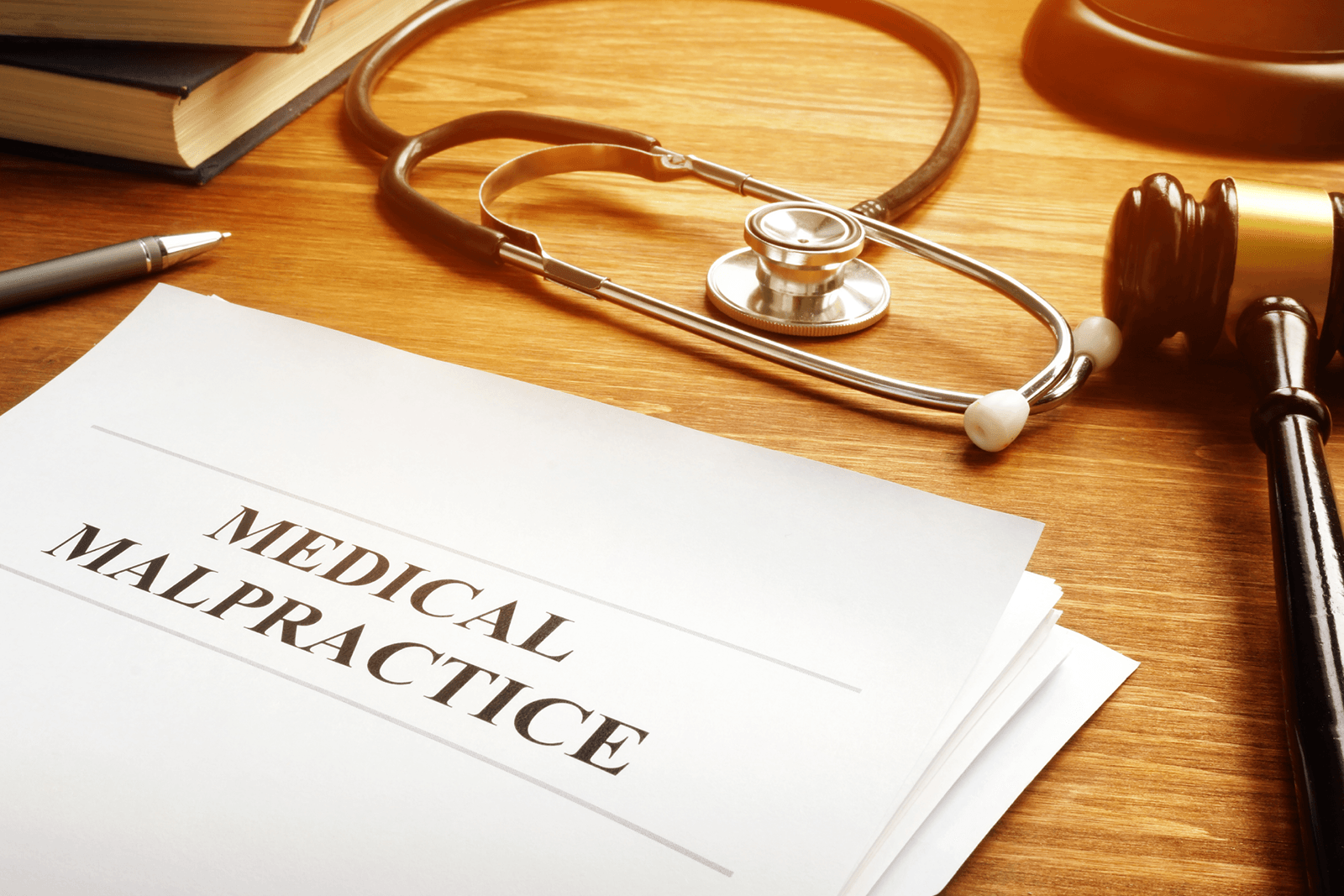Everything You Need to Know About Nursing Home Abuse in Illinois
Making the decision to place an older family member into a nursing home is often a difficult task. There are many reasons why families choose to do this, but it is usually because they are no longer able to provide the level of care needed. While nursing homes are expected to create positive environments and put their patient’s best interests first, this isn’t always the case. Unfortunately, some patients are actually physically and/or psychologically harmed by their supposed caregivers. The severity of the nursing home abuse and/or neglect can be present on many levels, but it is usually due to the following reasons: understaffed facilities, poor training and hiring caregivers with a history of violence.
There are many things to consider when choosing the right long-term care facility for your loved one, and it’s not a decision that should be taken lightly. If you ever find yourself in a situation that prompts you to consider legal action against a nursing home facility, there are certain steps you can follow. Keep reading to learn when and how to file a nursing home claim.
COMMON TYPES OF NURSING HOME ABUSE
Nursing home abuse can happen in many different ways, but the most common are:
- physical abuse
- sexual abuse
- emotional/psychological abuse
- general neglect
- personal neglect
- abandonment
- financial or material exploitation
According to a U.S. survey of nursing home staff, 36% of respondents had witnessed at least one occurrence of physical abuse that year, 40% admitted that they had psychologically abused patients, and 10% admitted to physically abusing patients themselves. These might sound like alarming statistics, but the truth is, the real numbers are likely much higher. Many elderly people don’t report abuse due to embarrassment, lack of cognitive/physical ability, or because they don’t want to cause trouble for relatives. A recent nationwide study revealed that approximately 1 out of every 14 cases involving possible elder abuse go unreported.
HOW TO CHOOSE A NURSING HOME
Choosing a long-term care facility often feels like an overwhelming task. There are more than 1,200 long-term care facilities serving over 100,000 residents in Illinois alone. Luckily the Illinois Department of Health has outlined several key considerations when choosing a nursing home. First, it’s important to make sure that a nursing home is in fact the best alternative for the care needed. Sometimes a less intensive and restrictive care option is a better choice when 24-hour care and supervision is not necessary.
If you do decide that a nursing home is the best option, it’s important to make sure the facility is properly licensed in the state of Illinois with the long-term care facility license as well as the nursing home administrator license. Additionally, when visiting a home, ask to see their most recent state inspection report. State surveyors inspect each Illinois nursing home annually. They interview residents, review resident records, inspect the premises, and assess compliance with state and federal standards. For more detailed lists and information on what to look for in a nursing home, check out this guide.
FILING A NURSING HOME ABUSE CLAIM
The Illinois Department of Public Health (IDPH) is responsible for making sure long-term care facilities comply with the provisions of the state Nursing Home Care Act and The Assisted Living and Sharing Housing Act. IDPH conducts surveys every year to ensure that facilities that receive state and/or federal funding (Medicaid/Medicare) are following applicable federal regulations. IDPH is also responsible for investigating quality of care issues. This usually refers to actual or potential harm to patients, patient rights, infection control, unsafe physical environment complaints and medication errors. The most common complaints are:
- Bed sores
- Medicare Billing Issues
- Malnutrition
- Dehydration
- Sepsis
- Physical or chemical restraints
- Unnecessary falls
Complaints may be made by patients, family members of the patient, caregivers, or staff/advocacy groups. Despite these measures, there are still times when nursing home abuse does take place and it’s important to know what’s involved in a nursing home abuse lawsuit. An act of abuse, neglect or exploitation of an older person might give rise to one or all of the following types of proceeding:
- An investigation and finding by an adult protective services agency
- Civil cause of action for damages
- A criminal prosecution
PROVING NEGLIGENCE
A nursing home can be held liable for negligence if the injured party can prove the following:
- The nursing home’s owner or employees breached a duty of care owed to the injured person
- The person’s injury was caused by this breach of duty
- The nursing home owner’s or employee’s conduct caused the injury
Whiteside & Goldberg is well versed in the Illinois regulations concerning nursing home abuse and neglect. Many times, abuse goes unreported due to fear of retaliation or embarrassment. However, Illinois law protects individuals making such reports so long as the reporter believes that it is in the alleged victim’s best interest. If someone that you know is suffering from elder abuse or neglect at a nursing home, we can help.
WHITESIDE & GOLDBERG, LTD.
If you or a loved one has suffered injury or abuse as a resident of a nursing home, you should speak with an experienced personal injury attorney as soon as possible. If you think you have a claim in the Chicago area, reach out to Whiteside & Goldberg, Ltd. They have experience proving and winning many nursing home abuse cases and will work hard to get you the compensation you deserve. They offer a free consultation and do not charge you anything until you win a settlement. The experienced attorneys at Whiteside & Goldberg, Ltd. fight to secure your financial future. For more information on slip and fall lawsuits, call 312-334-6875 for the Whiteside & Goldberg Michigan Avenue location and 815-730-7535 for their Shorewood office.
The content of this blog is intended for informational purposes only and does not constitute or establish an attorney-client relationship, nor constitute legal advice. If you wish to discuss any further aspect of the material contained herein, please contact an attorney at Whiteside & Goldberg, Ltd.





